Marine Life & Conservation
Lembeh Foundation: Working with Lembeh Communities for Sustainable Solutions
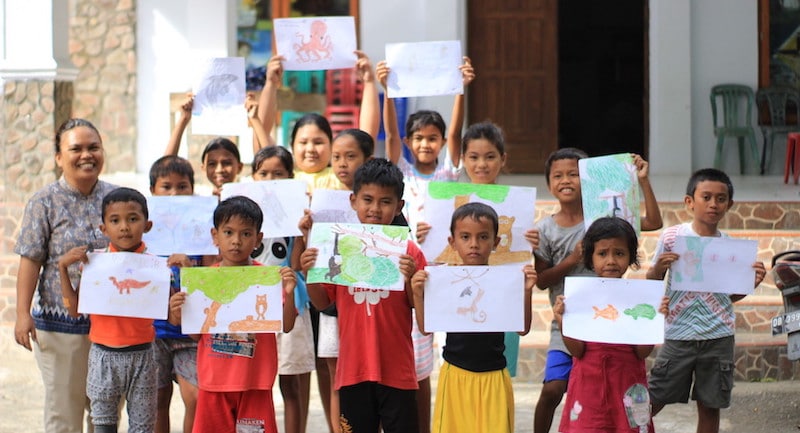
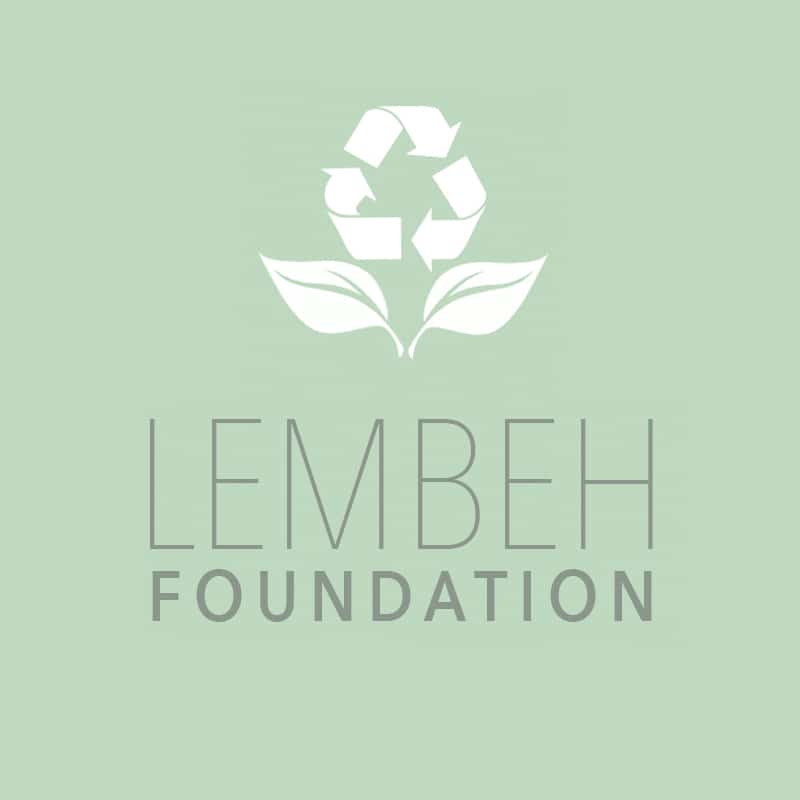 Conservation, sustainability and community are three words which Lembeh Resort in North Sulawesi, Indonesia has always been passionate about. Over the years the resort has taken measures to reduce their plastic waste and become more environmentally sustainable in all of their operations but this has now been taken to another level by a team of Lembeh Resort staff who have founded the “Lembeh Foundation”.
Conservation, sustainability and community are three words which Lembeh Resort in North Sulawesi, Indonesia has always been passionate about. Over the years the resort has taken measures to reduce their plastic waste and become more environmentally sustainable in all of their operations but this has now been taken to another level by a team of Lembeh Resort staff who have founded the “Lembeh Foundation”.
The Lembeh Foundation is an independent registered Indonesian charitable organization which is working along side local communities on Lembeh Island to provide environmental and economically sustainable solutions to waste management. The core aims of the Lembeh Foundation are to reduce plastic waste, provide education and economic benefits while improving the health and sustainability of local communities.
Lembeh Foundation is currently focusing on two major projects; a trash bank and associated “Funplastic” pilot initiative, and the construction and creation of a green library learning center. Both of these projects are taking place in the village of Pintu Kota Kecil which is located on the west side of Lembeh Island. Pintu Kota Kecil has around 300 residents and in recent years had become overwhelmed by plastic waste with little or no education or solutions to relieving the problem.
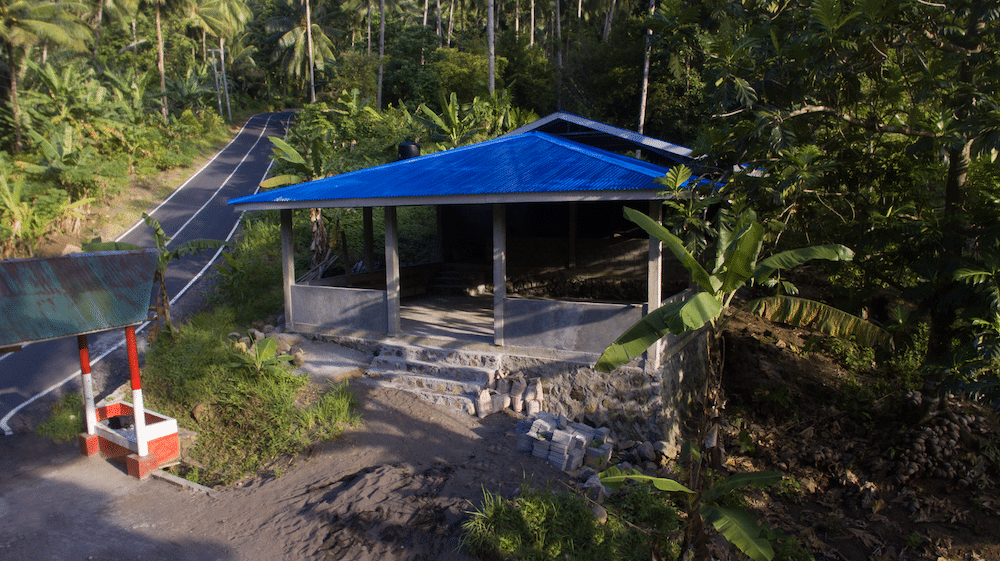
The Trash Bank.
The “Bank Sampah” (trash bank) is already under construction using funds which have been donated to the Foundation. This pioneering scheme on Lembeh Island will provide villagers with a place to take their sorted and cleaned plastic waste in return for cash. Collected plastics will be shredded and compressed into blocks which will be used for a multitude of purposes including building blocks and molded items which can be sold. The Lembeh Foundation is already holding workshops in village communities to teach locals how to repurpose plastic waste into saleable items. The aim of the trash bank project is to not only reduce and re-use plastic waste but to provide an economic benefit to the community in doing so.

Early stages of the Green Library construction.
The Green Library is also under construction and with the second floor nearing completion it will shortly be receiving its first students. Pintu Kota Kecil does not have a village school and the Green Library, which is located adjacent to the village church, will be multi-functional and fulfil a much needed role in the community. Children will be able to attend and learn about the environment and importance of conservation through a variety of resources including books from the eco-education organization, Green-Books. Obtaining Green Library status has involved months of dedication from Helen Pananggung who has been spearheading the project. Helen, is passionate about educating future generations and creating awareness about the environment, wildlife and ecology of Lembeh Island.
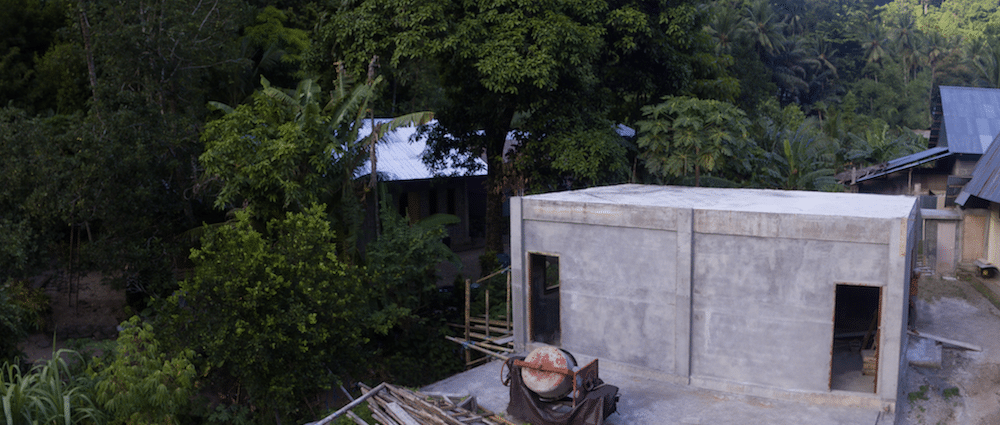
The Green Library now.
Funding for the construction of the Green Library has been raised entirely through donations which Helen has been a huge part of raising. Helen co-ordinates the village Sunday School Choir to perform at barbecue evenings for the guests at Lembeh Resort. Guests are able to purchase memory sticks of the singing and all proceeds go to the Lembeh Foundation.
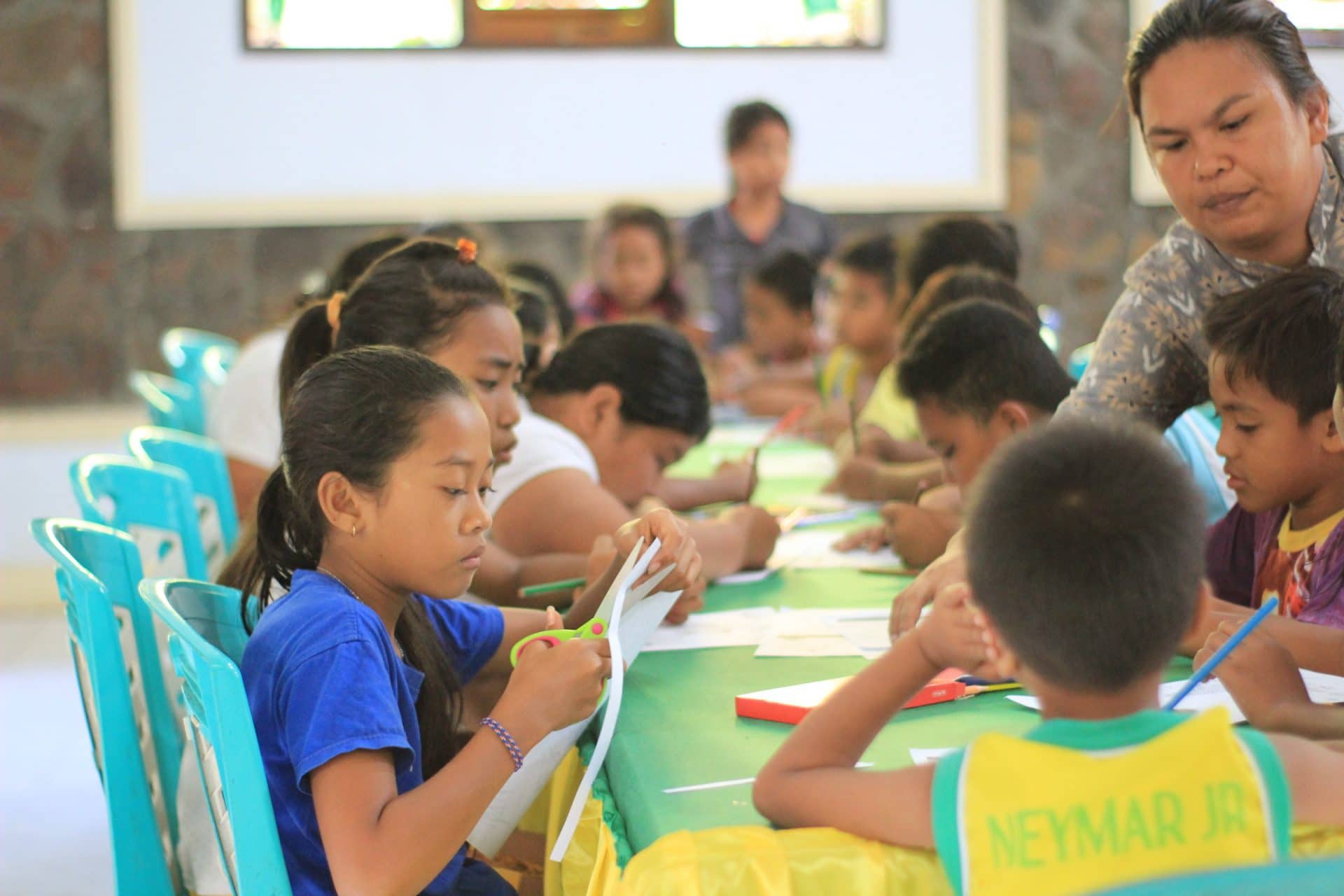
Green Guru Helen working with local children.
Helen has been holding twice monthly classes, activities and projects with the children of the village as part of the application process for becoming a Green Library. Over the last 4 months Helen and the village children have learnt about endemic wildlife species, plastic pollution and solutions such as upcycling and repurposing (which will be carried out in tandem with the Lembeh Foundation Trash Bank project).
Since the founding of the Lembeh Foundation, life in Pintu Kota Kecil village has changed beyond what could have ever been initially conceived. The village previously consumed vast amounts of single-use plastics from water bottles, plastic cups and straws, plastic bags and plastic wrapped produce. All Lembeh Foundation workshops have been used as demonstrations as to how these items can be eradicated by other, more sustainable and cost effective, options. When events are now held in the village there is no single use plastic to be seen – the local people have adapted to using large refillable water containers, re-usable plates and cutlery and the need for a drinking straw has seemingly disappeared.
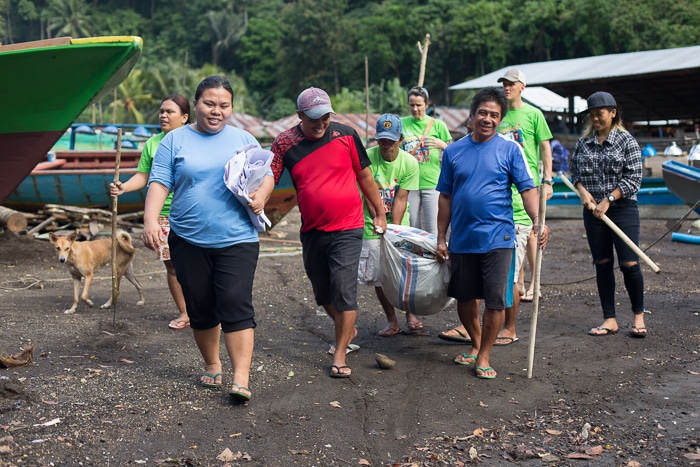
Clean Up Day at Lembeh Resort.
The pilot schemes in Pintu Kota Kecil are just the beginning for the Lembeh Foundation, which also supports communities in two other Lembeh Island villages, Batu Riri and Pintu Kota Besar. In all three villages the Lembeh Foundation continues projects initiated over the years by Lembeh Resort, including the annual provision of school supplies and school uniforms to families which otherwise could not afford them.
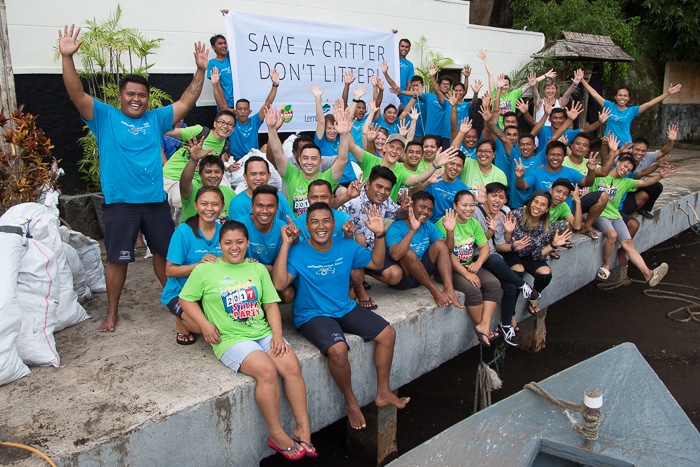
Clean Up Day Volunteers.
While the Lembeh Foundation was founded by staff from Lembeh Resort, they were delighted to receive independent status from the Indonesian Government in 2018. As an independent charity, Lembeh Foundation hopes to incorporate other resorts in the Lembeh Strait who will work in tandem, with their own neighbouring villages.
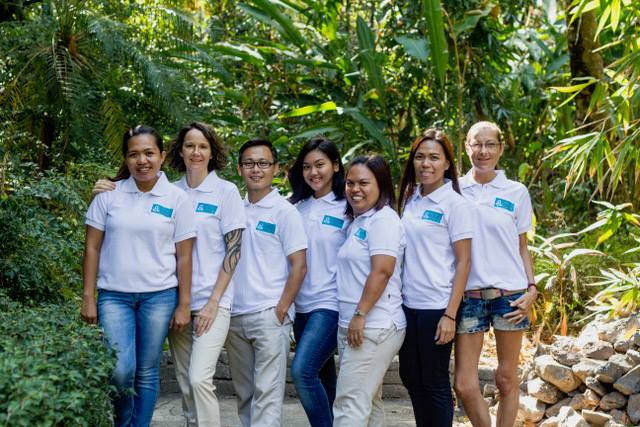
Team Lembeh Foundation.
“The Lembeh Foundation is a blue print project which we hope can be rolled out beyond our local communities, to the rest of North Sulawesi and Indonesia”, Petra Schmiedl, Founding member of the Lembeh Foundation.
In the meantime, as the construction of the first trash bank and green library near completion, the people of Pintu Kota Kecil are looking forward to a cleaner, greener, healthier and more prosperous future.
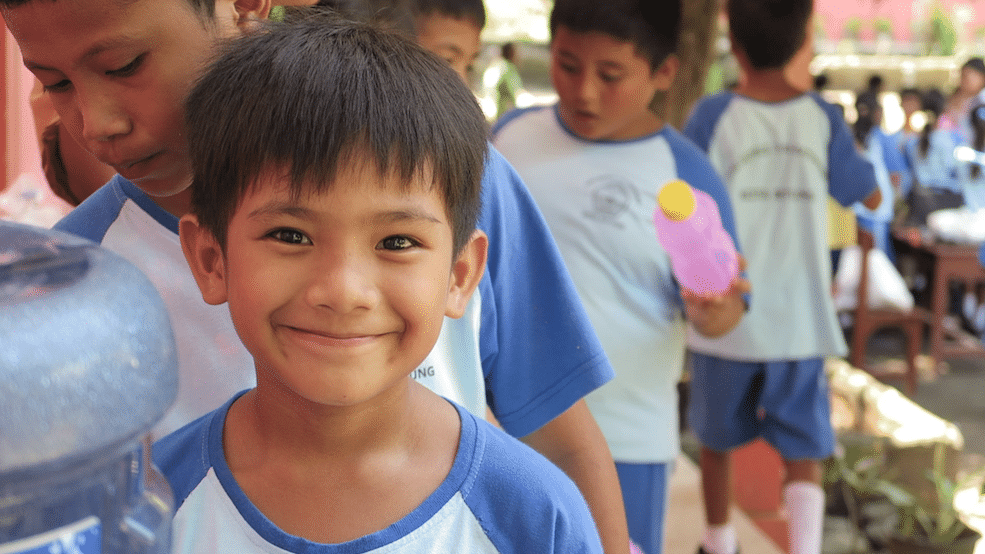
Providing sustainable options for local communities.
If you would like to make a contribution to the Lembeh Foundation, donations can easily be made via credit card or transfer. Please contact info@lembehfoundation.org for a donation form and further information. Lembeh Foundation provides confirmation of all donations which may be used for tax purposes.

Marine Life & Conservation
Paul Watson Released as Denmark Blocks Japan’s Extradition Bid

Renowned anti-whaling activist Paul Watson has been released from custody in Greenland after spending five months in detention. Denmark’s Justice Ministry rejected Japan’s request for his extradition, citing insufficient guarantees that his time already served in custody would be credited against any potential sentence.
The 74-year-old Canadian-American was arrested on July 21 in Nuuk, Greenland’s capital, when his ship docked to refuel. His arrest was based on a 2012 Japanese warrant related to a 2010 encounter in Antarctic waters. Japan alleged Watson obstructed operations and caused damage to a whaling research ship during efforts to disrupt illegal whaling. Watson has consistently denied these claims, maintaining his commitment to marine conservation.
Denmark, which oversees extradition matters for Greenland, concluded that while the legal conditions for extradition were met, the lack of assurances from Japan regarding time-served credit made extradition untenable.
In a video shared by his foundation, Watson expressed gratitude and relief, saying, “After five months, it’s good to be out… and good to know they’re not sending me to Japan.” He added that the most difficult part of his time in custody was being separated from his two young sons.
Watson is a pioneering figure in marine conservation, known for founding the Captain Paul Watson Foundation in 2022 after decades of activism with the Sea Shepherd Conservation Society. His bold efforts to defend marine life have earned him widespread support, including from celebrities and conservationists. His work has also been featured in the acclaimed reality TV series Whale Wars.
Watson’s lawyer, Jonas Christoffersen, praised the decision, stating, “We are happy and relieved that Paul Watson is now free.” He added that Watson is eager to reunite with his family and continue his vital work.
The arrest occurred while Watson’s vessel, the M/Y John Paul DeJoria, was en route to the North Pacific with a team of 26 volunteers to intercept a Japanese whaling ship. His foundation described the arrest as politically motivated and emphasized that Watson’s actions were focused on ending illegal whaling practices.
Japan resumed commercial whaling in 2019 after leaving the International Whaling Commission, asserting that whale meat is a cultural tradition. Conservationists, however, continue to challenge these practices, highlighting their impact on marine ecosystems.
Despite the challenges, Watson remains steadfast in his mission to protect marine life and bring attention to whaling practices. His dedication to ocean conservation has made him a globally respected advocate for the environment.
Marine Life & Conservation
12 Days of Zero-Waste Fish-mas

This holiday period, the Marine Conservation Society, the UK’s leading ocean membership charity, invites you to make some simple changes to eating fish this Christmas to help our seas.
Dr Kenneth Bodles, Head of Fisheries and Aquaculture at the Marine Conservation Society, said, “During the festive season, our consumption increases, but so does waste. Sustainability isn’t just about where food comes from – it’s also about how you use it. By reducing waste and making the most out of your seafood, you’re not only taking steps to be more ocean-friendly, but can also help to cut costs during what is often one of the most expensive times of the year”.
The Marine Conservation Society has compiled twelve tips on how to consume seafood sustainably with zero-waste this Christmas:
Buy whole fish instead of fillets
Instead of fillets, consider buying whole fish such as salmon, hake, or lemon sole. By adopting a “nose to tail” approach with cooking, whole-baked fish not only feeds a crowd, but also helps to minimise waste and maximise sustainability by using up every part of the animal, including bones, skin, and fat.
Make fish stock
Leftover fish bones or shells can be put to good use by boiling them to make a nourishing fish stock or bisque. This can be frozen and preserved for later use and makes for a flavourful base in a soup.
Make your own fish pâté
Avoid waste by turning leftover fish, such as smoked mackerel or salmon, into a delicious pâté by blending with cream cheese and lemon. Perfect when paired with crackers.
The sustainability of salmon and mackerel varies depending on where and how it is caught or farmed. For more information on green-rated options, check the charity’s Good Fish Guide.
Buy frozen
By purchasing seafood that is frozen or vacuum-packed, this helps to reduce waste by extending the shelf life of your food.
Fish pie
If you’re wondering what to do with leftover cooked fish, why not opt for a classic fish pie with mashed potatoes, leeks, and a cheesy sauce? A sure crowd pleaser on Boxing Day.
Use the head
Don’t forget the fish head! The meat is incredibly tender and flavourful. The charity recommends a cod’s head curry or recreating Fallow’s renowned cod’s head in siracha butter.
By stretching your ingredients further, not only is this a more sustainable way to enjoy seafood, but also cost-effective by repurposing leftovers and cooking creatively.
Boxing Day brunch
Mix leftover kippers or smoked salmon with scrambled eggs for a tasty, zero-waste, Boxing Day brunch.
For best choice, make sure you buy kippers, or herring, from the North Sea and the North Irish Sea.
Zero-waste storage
A top tip from the Marine Conservation Society to avoid waste is freezing fish offcuts to save for future use.
Crisp up the skin
Even leftover fish skin can be turned into a quick savoury snack by crisping it up in an air fryer with a little olive oil and salt.
Anchovies two ways
Leftover anchovies can either be blended with butter to make a delicious anchovy butter or tossed into pasta for a hit of umami flavour.
The charity recommends opting for anchovies caught in the Bay of Biscay for best choice.
Fishcakes
For an easy, zero-waste meal, leftover seafood trimmings can be mixed with mash and fried in breadcrumbs to make fishcakes.
Pickled mussels
Try pickling mussels in 1:1 vinegar and water, with a dash of sugar for a sustainable, zero-waste snack that can be enjoyed well beyond the festive season.
Mussels farmed in the UK are a seafood superhero. Grown using low-impact methods and harvested by hand, they get all the food they need from the sea around them. This makes them one of the most sustainable, ocean-friendly, and cost-effective seafood options.
Players of People’s Postcode Lottery have raised £6.6M towards the Marine Conservation Society’s vital work in making seafood more sustainable.
Laura Chow, Head of Charities at People’s Postcode Lottery, said: “Fish is a festive favourite for many, but making sustainable choices when it comes to how we buy and eat seafood makes all the difference for our ocean. Support from players of People’s Postcode Lottery has helped the Marine Conservation Society further its sustainable seafood work, so that we can all enjoy healthier, better protected seas.”
The Marine Conservation Society encourages you to make sustainable seafood choices a year-round habit, not just for Christmas. To check how sustainable the seafood on your plate is, you can visit the charity’s Good Fish Guide. The Guide helps consumers and businesses identify the most sustainable seafood using a simple traffic light system, based on where and how species are caught or farmed. Green is the best choice, amber means improvements are needed, and red indicates fish to avoid buying.
Zero-waste gift idea
Why not embrace a zero-waste Christmas by gifting a membership to support marine conservation? It’s a meaningful, low-waste gift that helps protect our ocean for generations to come. Memberships start from as little as £5 a month – the price of a sandwich and drink from your local coffee shop.
Find the latest sustainable seafood advice for wild-caught and farmed seafood on the Good Fish Guide, downloadable to your phone from www.mcsuk.org/goodfishguide.
-

 News2 months ago
News2 months agoIconic SS United States to become the World’s Largest Artificial Reef
-

 News3 months ago
News3 months agoBook Review – 52 Assignments: Underwater Photography
-

 Gear News3 months ago
Gear News3 months agoDYNAMICNORD – New German diving brand enters the British market
-

 News3 months ago
News3 months agoExploring Cenote El Pit: A Diver’s Dream
-

 Gear News3 months ago
Gear News3 months agoTry BARE drysuits (and maybe even win one!) this Friday with Sea & Sea at North West Dive Fest
-

 Marine Life & Conservation3 months ago
Marine Life & Conservation3 months agoBook Review: Coral Triangle Cameos
-

 Blogs2 months ago
Blogs2 months agoDive the Egyptian Red Sea this Autumn with Regaldive
-

 News3 months ago
News3 months ago2024 Ocean Art Underwater Photo Competition Announced















